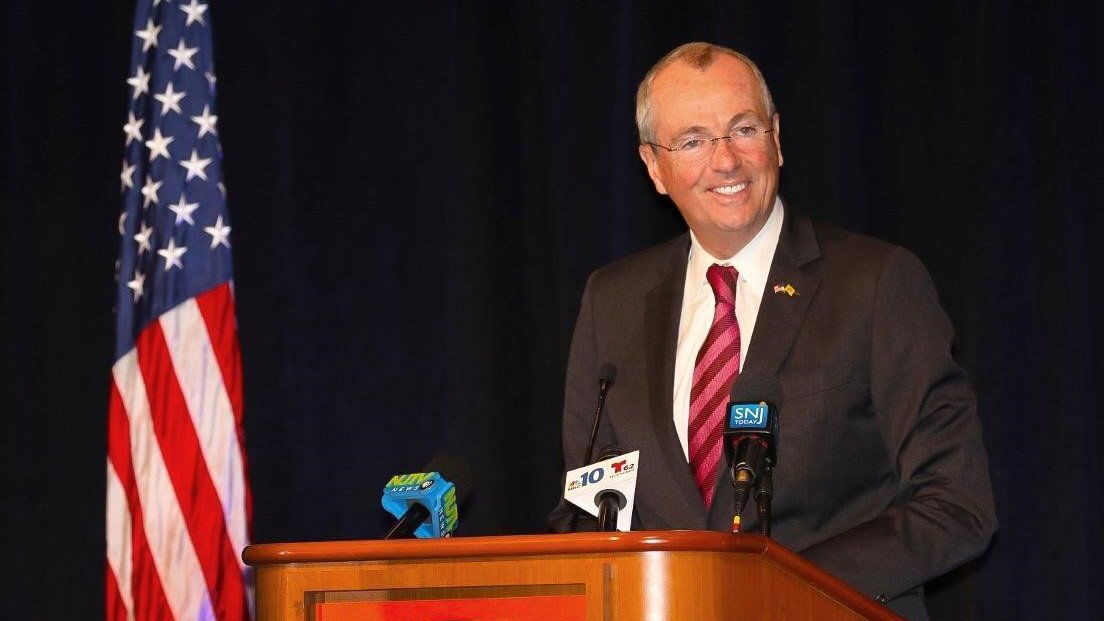Oklahoma Governor’s sports betting plan sparks debate among tribal leaders

Oklahoma's gambling industry, home to over 30 tribes with gaming compacts and more than 100 casinos, is at the center of a heated debate sparked by Governor Kevin Stitt's proposal to introduce sports wagering in the state.
The plan to bring sports betting to the Sooner State has caused contention among lawmakers, tribal leaders, and gaming industry professionals. Governor Stitt's plan proposes a 20% tax rate on online sports betting operators and an initial $500,000 licensing fee, renewable annually for $100,000.
This framework also includes retail wagering, to be exclusively managed by federally recognized tribes, with a tax rate set at 15%. However, Gov. Stitt’s plan has caused concern among tribal leaders due to its high tax rate and the inclusion of a sports betting fee for tribal casinos.
"Oklahoma is a big opportunity for sports betting," remarked Jason Giles, executive director of the National Indian Gaming Association, highlighting the potential to attract individuals from neighboring states like Texas. The tribes, he noted, are poised to seize this business opportunity.
Nevertheless, Governor Stitt's plan has drawn criticism for its high taxation and the additional sports betting fee imposed on tribal casinos. These ventures already play their part in maintaining the state’s economic status and a hefty licensing fee could take a toll on them.
Matthew Morgan, chairman of the Oklahoma Indian Gaming Association board, emphasized the significant role of tribal casinos in rural Oklahoma's economic stability, suggesting that high fees and added responsibilities might negatively impact these establishments. "You wouldn’t see the success of rural Oklahoma without tribes," Morgan emphasized on the The New Normal podcast.
Moreover, some of the proposed regulations, such as the prohibition of wagering on college sports and restrictions on betting aspects like player props, injuries, and coaches, have added to the apprehensions among gaming leaders in the state.
As discussions unfold regarding the future of sports betting in Oklahoma, tribal leaders affirm their commitment to pursuing a bill that aligns with their interests and remains beneficial.
Chairman Morgan reiterated that the tribes are in no rush to finalize an agreement and are determined to advocate for a sports betting framework that makes practical sense for their communities.
"Tribes are in no hurry to get this done," Morgan affirmed. "We are not going to go forward in a manner that doesn’t make sense for us. We will remain hopeful and will continue to sit at the table with people who know how to move the process forward.”

















































